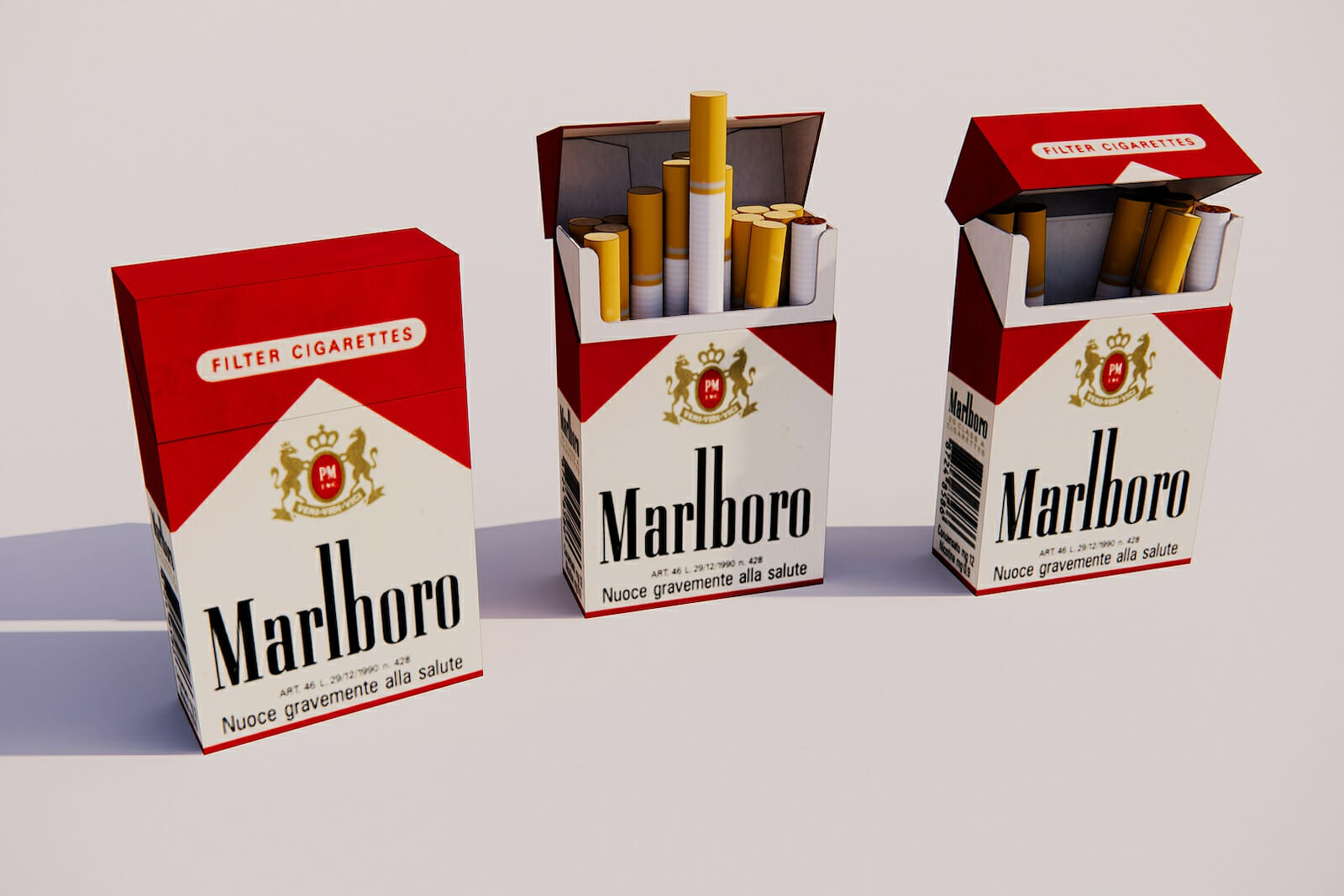
Health
Big Tobacco Initiatives Undermine Efforts to End Tobacco Smuggling
Philip Morris International (PMI) is at it again. The tobacco giant recently opened another round of funding for NGOs ostensibly working to fight the illegal trade in consumer goods, including pharmaceuticals, electronics, and naturally, tobacco. The third round of this kind organized by PMI has been met with weary scepticism by public health experts because of the obvious smoke screen PMI IMPACT is.
After all, it is an open secret that the campaign has been fundamental in pouring industry cash into university programs across the world, undermining their independence and lending legitimacy to industry-funded studies that are then routed through respected scientific journals.
There’s an established industry precedent for this kind of intervention. Besides feeding academia with pro-industry research, the creation of front groups like the PMI-sponsored Foundation for A Smoke-Free World (FSFW) represents the continuation of a decades-old deception that masks Big Tobacco’s enduring agenda: to confuse public messaging, raise doubts over genuine scientific research, and slow the deployment of tobacco-control measures.
A familiar pattern
It’s a PR-by-the-back-door approach that’s consistently subverted by Big Tobacco’s repeated complicity in widespread smuggling activities involving its own products. According to World Bank estimates, one in ten cigarettes will end up on the black market each year, while analysis by the Tobacco Control Research Group at the UK’s University of Bath has shown that as much as 70 percent of illegally traded cigarettes are supplied by the tobacco industry itself.
Only a few months ago, an Organized Crime and Corruption Reporting Project (OCCRP) investigation into PMI’s activities in West Africa uncovered a massive smuggling operation implicating the company’s chief representative in Burkina Faso, Apollinaire Compaoré. For years known as the “boss of bosses,” Compaoré, whose company is the sole distributor of PMI products in Burkina Faso, has been accused of smuggling Marlboro brand smokes across six countries, from the Ivory Coast to Libya.
Evidence suggests that all of his actions were sanctioned by PMI, and even other Big Tobacco companies, including Japan Tobacco International’s (JTI), were aware of this illicit trade network. PMI naturally denies any links with smuggling – whether connected to Compaoré or not – although this is hardly credible: true to form, the company paid the European Commission a $1.25 billion settlement in 2004 following similar allegations and promised to not only ensure better oversight of its supply chains but also assistance in the fight against tobacco smuggling.
Undermining tobacco-control measures
But 17 years on, there’s little evidence of reform. Instead, a litany of evidence demonstrates how all the major manufacturers – including PMI, British American Tobacco (BAT), Imperial Brands, and JTI – are working hard behind the scenes to influence tobacco policy at the source.
This has been most evident in regard to the WHO’s Framework Convention on Tobacco Control (FCTC) which was introduced in 2005 to reduce both supply and demand for tobacco products. One of its stated obligations is to protect public health policies from interference by interested parties. But in an attempt to reduce the scope of the FCTC, PMI went as far as commissioning white papers to explore the potential for establishing an ‘NGO capability’ to counter the growing anti-tobacco sentiment at the WHO. The industry has tried to extend its influence further over the years, cultivating relationships with governments they regard as ‘tobacco-friendly’ in order to undermine the FCTC.
Big Tobacco’s Trojan Horse
Much of the lobbying effort has centred on the FCTC’s requirement for a reliable track-and-trace system, which signatory states could use to identify illicit tobacco products and remove them from the market. It’s only logical that such a system must be developed independently of Big Tobacco, although this hasn’t stopped the industry from engaging in intense lobbying to “promote its own tracking and tracing system (Codentify) as the internationally recognized standard.”
Codentify was in fact developed by PMI before it was passed to a third-party company called Inexto to obscure its tobacco industry origins. Inexto itself is run by former tobacco industry executives, meaning that Codentify is more of a Trojan Horse for the industry than a real solution to tobacco smuggling.
Experts believe that the codes can easily be compromised as the system can’t differentiate between genuine and counterfeit codes – essentially rendering it an impotent weapon in the war against smuggling. Others suggest that the system could even contain hidden features controlled by the tobacco industry and designed to manipulate the market to their advantage.
Tearing down the facade
Policymakers the world over need to be aware of where the information they’re using to pass tobacco control legislation is coming from. But as the machinations of Big Tobacco – such as its repeated funding rounds for NGOs – show, discerning genuine information made in the interest of public health from Trojan Horses is anything but easy.
This means that tobacco producers have been able for too long to play a double game, pledging to uphold transparency and legitimate supply chains, while continuing to flood the market with illicit tobacco products in blatant violations of binding anti-smuggling agreements with international organizations, including the EU.
If this is ever to stop, the likes of PMI and BAT need to be called out in public – and shamed for acting against the interest of millions.

